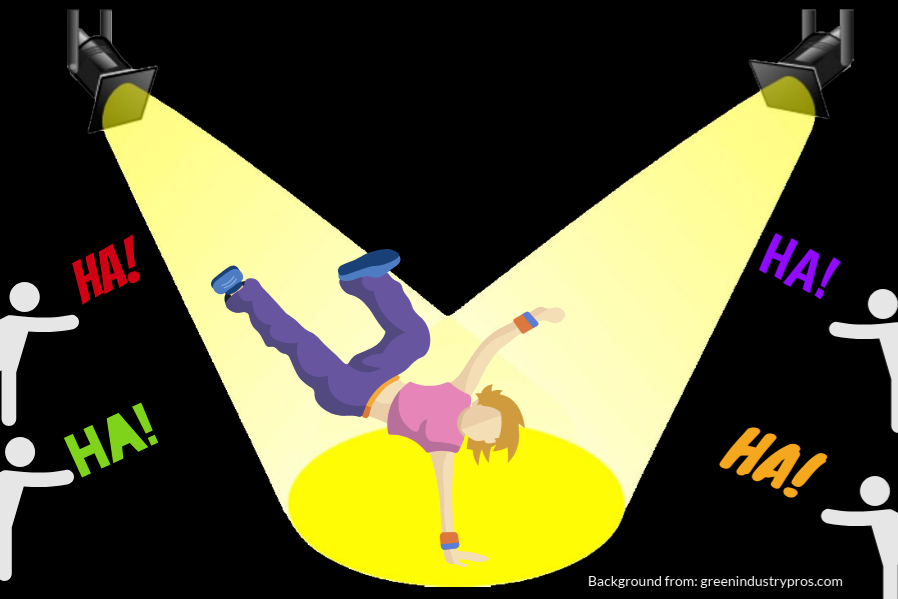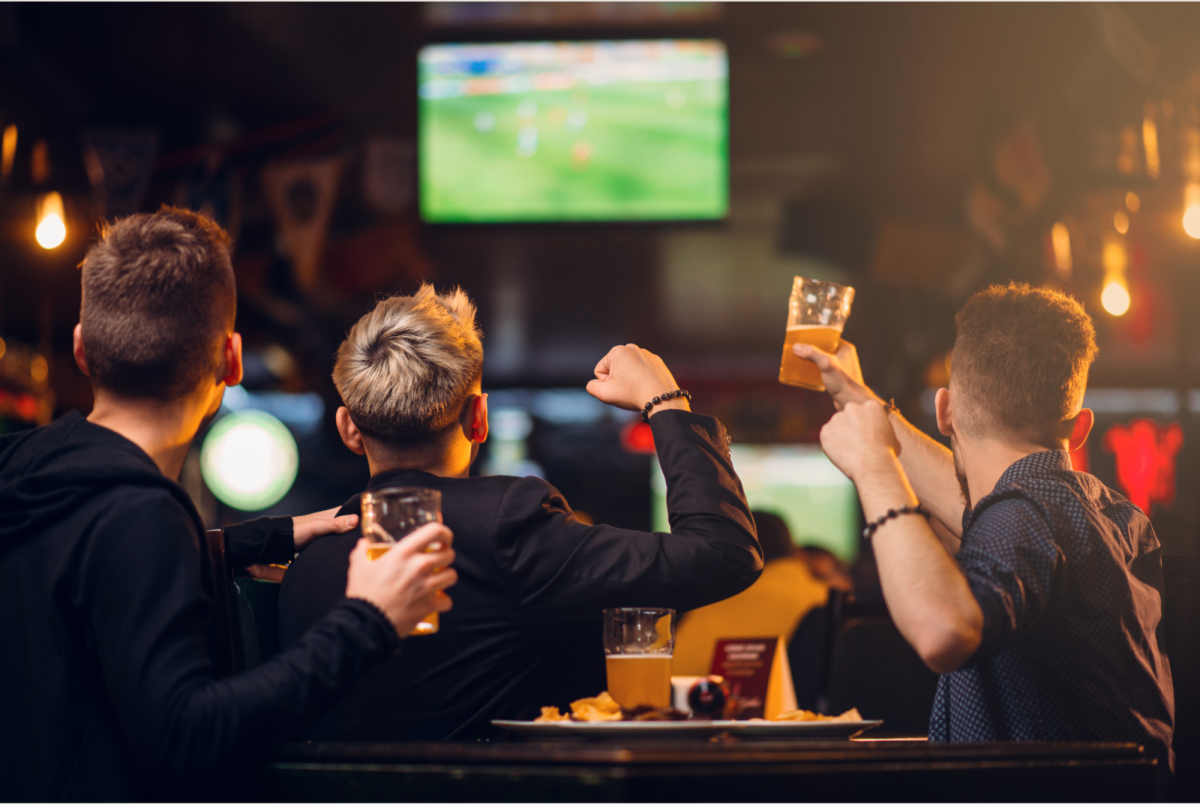Why it’s good to be cringey
Not taking everything so seriously lets you appreciate the small funny moments, even if they’re a little uncomfortable.
February 22, 2019
I make bizarre comments to people I barely know, break into uncomfortable dance moves several times in an hour and greet my friends in the hallway with a heel click. I embarrass and confuse myself and those around me with ease.
I don’t wake up every morning scheming about how I’m going to get the most people to cringe that day—I just don’t hold back who I am. Tailoring our personalities to become more “socially acceptable” only blurs the image we have of ourselves, making us forget who we really are. Letting your authentic self show, no matter how weird it might be, makes you more secure your identity. It’s something to be proud of.
Plus, having those awkward moments can be fun. Not taking everything so seriously lets you appreciate the small funny moments, even if they’re a little uncomfortable. Like when a girl in your science class talks about how she’s trying to make friends on her volleyball team so you suggest she buy a collection of wigs to use as conversation starters. Stop worrying so much about what other people think of you and wear those legwarmers and your unicorn onesie to school. Just kidding, that might be too much. Double just kidding, there’s no such thing as too much.
Last year, Melissa Dahl, a senior editor at New York Magazine, published her book, “Cringeworthy: A Theory of Awkwardness.” Dahl writes that even though cringey moments can be uncomfortable, they spur a valuable reminder that we’re all human. If we’re able to find joy in awkward moments and even purposefully bring them on ourselves, we become more approachable to the people around us. It becomes easier to break down the facades we put up in fear that people will judge us.
When my oldest cousin got married last year, my whole family was ecstatic. But after nearly an hour and a half of the reception, the bridal party (the married couple, the bridesmaids and the groomsmen) still wasn’t there. But the DJ was. As I bit into my third cupcake, I decided I had stared down the empty dance floor for long enough. The DJ started blasting “Come On, Eileen,” and I wanted to be on the dance floor almost as much as I wanted my mom to hire a Bill Gates impersonator to come to my sixth grade birthday party.
Waving my arms in rigid patterns and dancing like a partially robotic muppet, I hopped onto the dance floor. I knew that I must have looked ridiculous to everyone, but I was content with that. Within less than two minutes, random people began joining me, and I was completely grooving. Song after song, I kept dancing. From the traditional lawnmower move to the more modern “dab,” I did it all. At one point, my sister tapped me on the shoulder and pointed toward three kids filming me. Did I feel like a viral sensation? Possibly.
Noticing that they had caught my attention, the three kids—now I could see that they were my two second cousins and one kid I didn’t know—waved a little bit. I stopped dancing and went over to introduce myself. I soon realized the third kid was my second cousin’s recently adopted brother, whom I hadn’t yet met. After teaching them my moves and then laughing over my dancing, we chatted about his new school and how he was hoping to score a basketball college scholarship. I ended up introducing the rest of my immediate family to him, and we all ate dinner together.
My dance moves created a conversation starter because of their extreme cringe factor. I immediately had something to talk about with my new relative, and we felt more comfortable together.
Being willing to embarrass ourselves and have a good time doesn’t only make us more comfortable in our own skin, but it also sends an invitation to the people around to join in on the madness (I did, in fact, have a dance off with the Best Man later in the night) because they know we aren’t judgemental.
Too often, we find ourselves filtering who we are. We hold back our quirks and bite our tongues to avoid comments that could make other people shoot us a harsh look. But it’s those very moments where we don’t hold back that enable us to embrace who we are, make genuine connections with the people around us and celebrate the magic of sharing a cringe.











